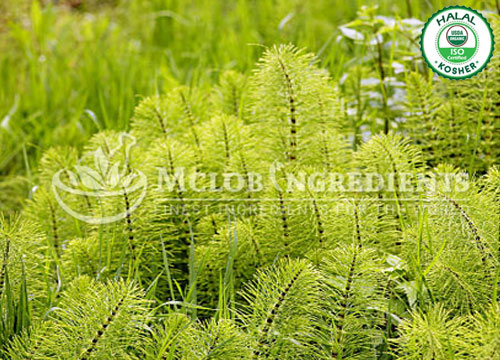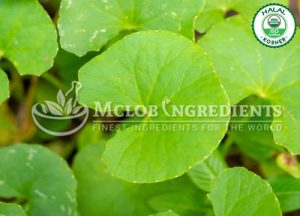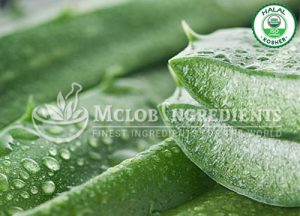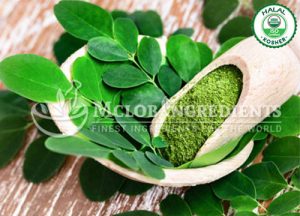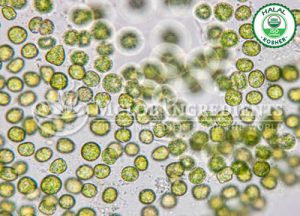Horsetail is a perennial fern that belongs to the genus Equisetaceae. It is founded wildly in America and Northern Europe, as well as in other moist places with temperate climates. It has a green photosynthetic, long, and densely branched stem that grows from spring to fall. The horsetails leaves are arranged in whorls fused into nodal sheaths. The plant contains numerous beneficial compounds that are antioxidants and silica stands out; Antioxidants are molecules that prevent cell damage by fighting free radicals in your body. Meanwhile, silica is responsible for horsetail’s potential benefits for skin, hair, nails, and bones.
Benefits:
It is beneficial for the following treatment of diseases:
- Osteoporosis
- Kidney and bladder stones.
- Weight loss.
- Gout
- Frostbite
- Heavy periods.
- Fluid retention.
- Hair loss.
- Urinary tract infections.
- Incontinence
- Used for wound healing on the skin.
Side effect :
When horsetail is taken by mouth long-term, is POSSIBLY UNSAFE. It contains a chemical thiaminase which breaks down the vitamin thiamine that leads to thiamine deficiency.
Interaction:
Be cautious with the following combinations:
- Lithium interacts with horsetail which causes side effects.
- Antidiabetes drugs interact with horsetail that decreases the blood sugar level.
- Diuretic drugs interact with horsetail and cause a decrease in potassium levels.
- Efavirenz interacts with horsetail which reduces the effect of efavirenz that is used for the treatment of HIV.
Incontinence
- Avoid pregnant and breastfeeding women.
- Avoid alcoholic people due to it make thiamine deficiency.
- Avoid people who have carrot and nicotine allergies because they contain a small amount of nicotine.
- Avoid those who have hypokalemia and thiamine deficiency due to their decreased potassium and thiamine levels respectively.
Dosage form:
Horsetail in the form of tea is mostly consumed. It is made by steeping the dried herb in hot water. Capsule and tincture form is also available.



